
Bolgatanga, Feb. 26, GNA – Mother Language Day has been marked in Bolgatanga with a call on stakeholders in education to device modalities that would encourage the study of native language in the region.
The day, which is celebrated worldwide on February 21 each year, was organized by World Vision International- Ghana.
It brought together various stakeholders in the education sector including teachers and pupils from some basic schools in the region.
Mr Timothy Amang-Bay Akanpabadai, the Upper East Regional Operational Manager of World Vision International-Ghana, said the teaching of one’s mother language to pupils enhanced academic performance of pupils.
He said the mother language is the policy of instruction and when children study it well, it aids them to understand things better in school and perform well.
“It is important that as we mark the International Mother Language Day, we reflect on how we have collectively done with the language of instruction policy in schools,” the Regional Operation Manager added.
Mr Akanpabada said the celebration was a reminder to all stakeholders in the education sector to implement strategies and measures that would improve on the academic performance of students particularly at the basic level in the region.
He said “in 2015, Ghana conducted the Early Grade Reading Assessment and it revealed that only two percent of primary two children can read with comprehension. In Upper East Region 98 percent of children in primary two could not identify letter sounds or three letter words and this has serious repercussions for the nation’s development and also towards sustainable growth.”
The Regional Operations Manager said World Vision International- Ghana, has invested about US$1.5 million in the past nine years in the Kassena-Nankana West, Talensi, Garu, Bawku and West Mamprusi districts to improve on education through the provision of school infrastructure, teaching and learning materials, bicycles for pupils, refresher courses for teachers as well as Water and Sanitation Hygiene (WASH) facilities.
He pledged continuous collaboration with communities, local authorities and government institutions to provide quality education and help sustain the well being of “4,500,000 people including children within families and communities, especially the most vulnerable by 2021.”
Whilst appealing to the government to implement the instruction policy in schools and the schools to put the materials into good use to derive maximum benefits, Mr Akanpabada asked traditional leaders and the private sector to invest in books in the mother language to preserve the cultural heritage of the country.
Madam Patricia Ayiko, the Upper East Regional Director of Education, said quality education at the basic level was very necessary in tackling the numerous problems that children encounter.
Meaningful advocacy and collective efforts, she said, were paramount to achieving improved education and appealed to both public and private stakeholders to assist in the effort.
Mr Rockson Ayine Bukari, the Upper East Regional Minister, in a speech read on his behalf by Madam Yvonne Wonchua, the Administrative Officer at the Regional Coordinating Council, said pupils performed better in other parts of the country due to inclusion of the mother language and added that efforts are far advanced to have the languages in the region included.
He said policies were being rolled out to assist drivers who do not have formal education to acquire driver’s licenses.
Two pupils, Achiri Olivia and Ayuumbeo Cynthia who presented a proposal to the stakeholders on behalf of their colleagues, said every developed nation demanded the effective participation and contribution of its skilled human resources hence efforts must be geared towards creating an enabling environment for quality basic education to thrive.
GNA
Read Full Story

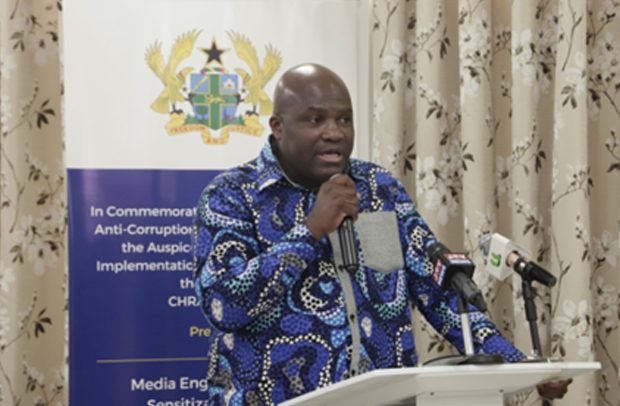
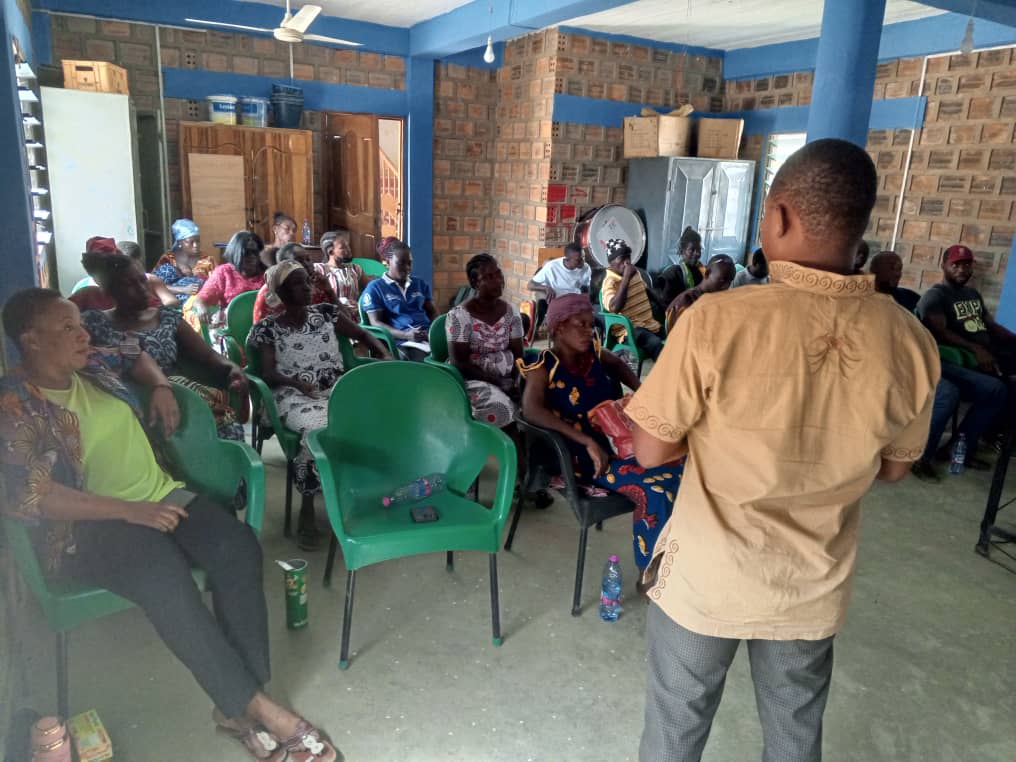
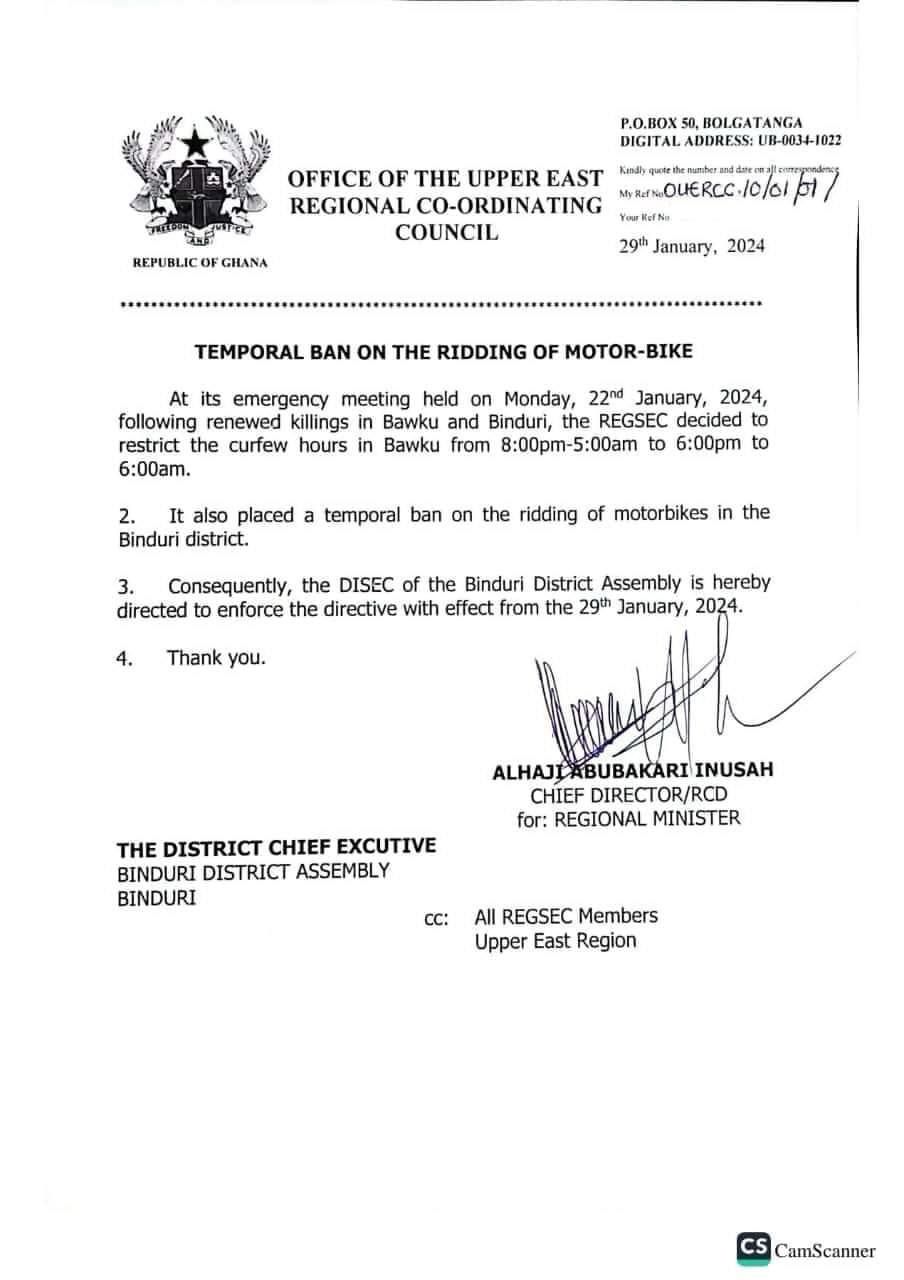
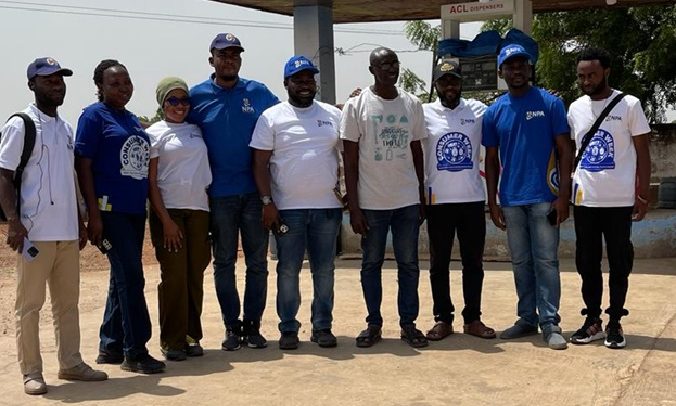
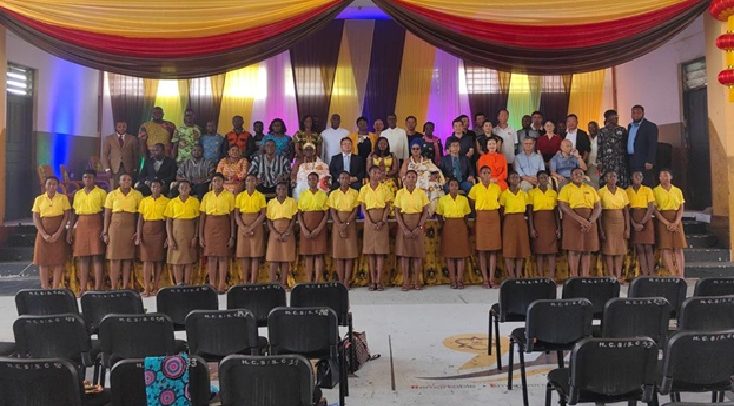













Facebook
Twitter
Pinterest
Instagram
Google+
YouTube
LinkedIn
RSS